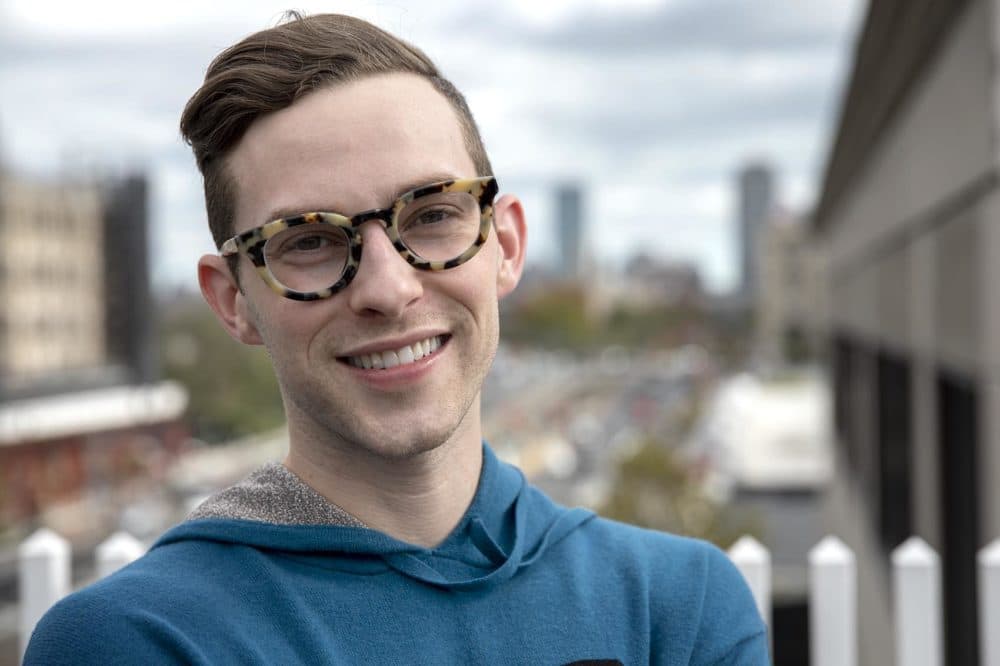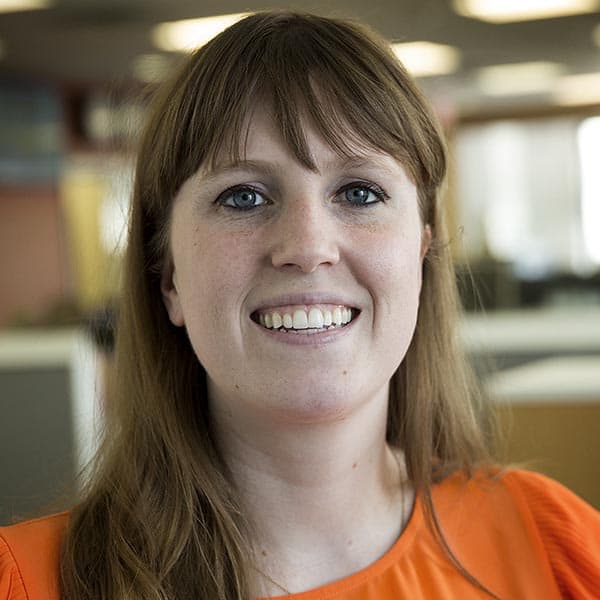Advertisement
Figure Skater Adam Rippon On His Unlikely Journey To Olympic Stardom
Resume
Figure skater Adam Rippon had spent nearly 20 years training to get to represent the U.S. in the Olympics. When he finally made it, he was 28 years old and one of the first two openly gay athletes to compete for Team USA at the 2018 Winter Games in Pyeongchang, South Korea.
Rippon admits he wasn't the best athlete in the rink, only placing 10th in the men's individual competition. But, he helped the U.S. take home a bronze medal in the team event.
The 2018 Olympics turned Rippon into a cultural phenomenon.
We spoke with him about his new memoir, which covers the ups and downs of his figure skating career.
Guest
Adam Rippon, Olympic bronze medalist and former figure skater. He tweets @adaripp.
Interview Highlights
On writing his new memoir, "Beautiful On The Outside," at just 29 years old:
"I feel like I've lived a lifetime as an athlete, and while I'm ending one chapter of my life [since retiring from professional skating], I've been getting another. I wanted to share a lot of the stories of how I learned about myself through the process of getting to the Olympics, because I did not get there in the easiest of fashions."
On how integral his mom was when he first started training:
"My mom doesn't have any skating experience. So, it's the blind leading the blind. Skating is not one of those sports where you can have promise and talent and get recruited by a good team and then you just work with a coach. In essence, it's your parent who has no prior knowledge in a sport making all of these career-defining decisions. It leads to a lot of frustration between the parent and the child."
"I think, you know, it didn't feel like pressure when I was young, but as I got older, I realized all of the things my mom was doing to make sure that I could go after my dream. She was sacrificing a lot. As I got older, that felt like a lot of pressure. I wanted to do it more on my own so that I wouldn't ever go into an event and feel like I was letting my family down, or I had wasted their time and energy."
On Rippon's decision to take control of his career from his mother in his mid-20s:
"It's so hard to be a competitive athlete and have Olympic aspirations, and to do it on your own is almost impossible. I think my mom was really worried for me, and so she did these things to get my attention. I kept saying to myself that, no, I need to do it on my own. And, you know, through all of the things that my mom and I had been through, it also felt like I was just leaving her and saying, 'Alright, well, thanks for everything. I got it now.'"
"It's not what I was doing. I was doing this so that I could own what I was doing as an adult, and I could feel proud of the successes that I had. And I could own those disappointments, and they would be my my disappointments to get through."
On how he turned it around after missing a shot at the 2014 Olympics:
"I just was not in a good place. In 2014, I was 24, and I was trying to qualify for the Olympics at an age that I thought was my last chance. When it didn't happen, all of a sudden, these dreams that I had just felt like they were falling through my fingers. I felt defined by those moments of disappointment. I felt like that's who I am."
"It wasn't until I realized I had nothing to lose that I could go into situations and be unafraid and just give it 100%. I wasn't afraid of, you know, training too hard. I wasn't afraid of getting injured. What was the worst thing that happened? I would get injured and then I wouldn't be able to compete. Well, it didn't matter. I wasn't competing well anyway. So, I trained harder than I ever did. I took risks that I would have never taken. I said things in interviews that I normally wouldn't have said because I didn't want to come off as unfocused. But I was being myself, and I was working harder than I ever have and, all of a sudden, it just took taking a little bit of a risk on myself. And it paid off."
On how he shifted his mindset, to view his setbacks as challenges:
"You know, I think our parents tell us ... to think a certain way or have a certain mindset, talk to ourselves a certain way. My mom was really careful of that. I'd say, 'Oh, god, I'm so stupid.' My mom would say, 'your brain is always listening.' I'd be like, 'OK, shut up ... please don't say that again.' ...And, you know, my mom would always be like, you know, 'write things that you're grateful for,' and I wouldn't..."
"Then when we had this separation, I found myself going back to those things. I actually heard them for the first time. ... Then all of a sudden, I realized that the disappointments I had were actually opportunities to do something."
This segment aired on October 28, 2019.


